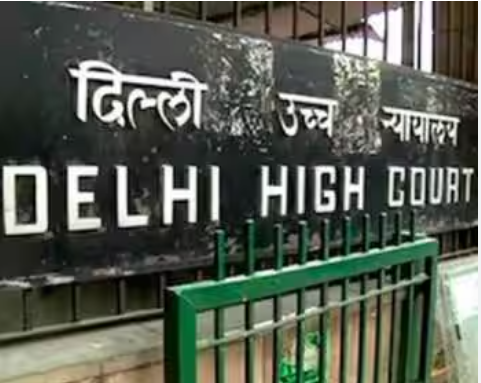In a recent development, the Delhi High Court has dismissed a Public Interest Litigation (PIL) petition that sought the removal of Arvind Kejriwal from his position as the Chief Minister of Delhi. The court ruled that there is no room for judicial interference in matters pertaining to the appointment or removal of elected officials.
The PIL, filed by a farmer Surjit Singh Yadav, alleged various grounds for Kejriwal’s removal from office, citing issues related to governance, administration, and public welfare. However, the Delhi High Court firmly rejected these claims, stating that such matters fall within the domain of the electorate and the democratic process.
Chief Justice ManMohan and Justice Manmeet Pritam Singh Arora , presiding over the case, emphasized that elected representatives are accountable to the people who have chosen them through the electoral process. The court highlighted that the voters have the ultimate authority to evaluate the performance of their representatives and decide their fate during elections.
Furthermore, the High Court underscored the principle of separation of powers, stating that judicial intervention in matters of executive functioning should be exercised sparingly and only in exceptional circumstances where there is a clear violation of constitutional provisions or legal principles.
Arvind Kejriwal, the Chief Minister of Delhi and leader of the Aam Aadmi Party (AAP), welcomed the court’s decision, reaffirming his commitment to serving the people of Delhi and addressing their concerns. Kejriwal expressed confidence in his government’s track record and reiterated his dedication to fulfilling the mandate entrusted to him by the electorate.
The dismissal of the PIL by the Delhi High Court marks a significant legal victory for Arvind Kejriwal and his administration. It underscores the importance of upholding democratic principles and respecting the electoral mandate, while also reaffirming the judiciary’s role in safeguarding the constitutional framework.
As Delhi continues to grapple with various challenges, including the COVID-19 pandemic, pollution, and infrastructure issues, Kejriwal’s government faces the task of addressing these pressing issues while navigating the complexities of governance in the national capital.
Overall, the Delhi High Court’s decision serves as a reminder of the fundamental tenets of democracy and the need for elected officials to remain accountable to the electorate, while also upholding the rule of law and constitutional norms.
The dismissal of the PIL brings clarity to the legal landscape surrounding Arvind Kejriwal’s tenure as the Chief Minister of Delhi, allowing the government to focus on its mandate of governance and service delivery to the people of the city.
